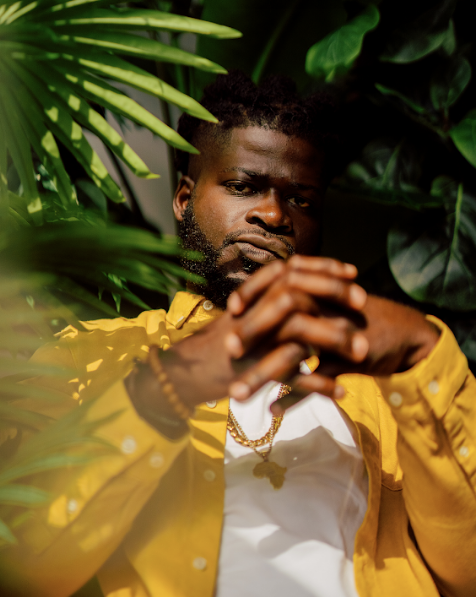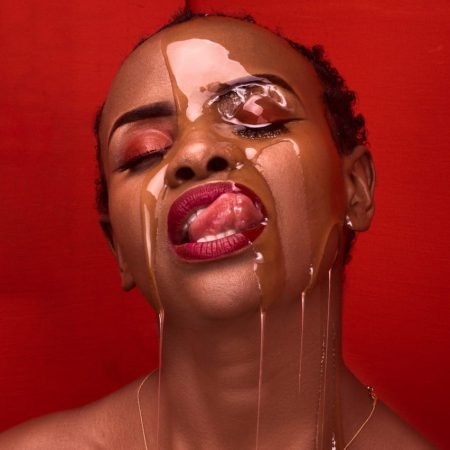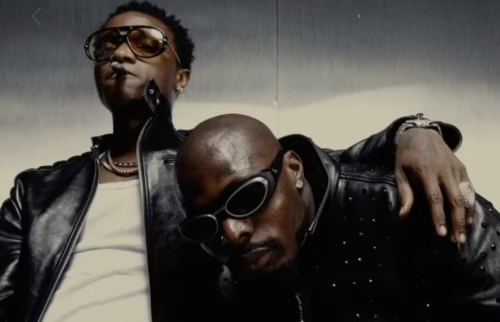Born and raised in Nigeria for much of his childhood before moving to Canada as an 11-year-old, Mosope Adeyemi is a progeny of both countries’ cultural influences; navigating his artistic life as Shopé, the silky singer whose creative identity lies squarely at the centre of the diffusion of Canadian (Toronto) and Nigerian cultural bits. Those influences are imprinted on his music resulting in songs that deftly combine the resonant euphony of Nigerian popular music with the emotiveness and expressiveness of genres like hip-hop and R&B. His blend of both elements has received critical attention, winning him the CBC Searchlight in 2019.
To further entrench the vision of his internationally crafted melange of sonic influences, Shopé offers a project that essentially serves as a primer on afrofusion’s place in global pop with a built-in tweak that allows the singer to explore his emotional range unlike anytime before. The project, aptly titled RIKIKI, is anchored by Shopé’s wispy voice for most of its runtime, with only one feature, Angeloh, joining on “Pepper Dem,” the extended play’s opener. On “Sorry,” he makes a hip-hop/Nigerian pop hybrid that employs rapping’s confessional hue to craft an apology to his lover. The centre of RIKIKI is filled with slow-burner R&B numbers like “I Admit It” and “Need Someone.” The message becomes bolder, more breezy on “Tell A Man,” adopting different cadences and patterns to deliver a jaunty bop. Closer, and eponymous title, “Rikiki,” ends the project on light air with jocular rapping over prominent drum patterns.
In a world where identity is fluid and questioned, Shopé’s RIKIKI leans into every aspect of his person, mining the sounds of his childhood and adolescence for a project that places itself adroitly in the pantheon of projects dedicated to life as a product of multiple cultures while advancing his vision of afrofusion.
LISTEN:










Leave a Reply